Navigating the sea of options for boat insurance may compel you to jump overboard. Thankfully, your insurance agents can offer a life preserver to help you make the best decision about your policy to ensure smooth sailing all summer long.
Here are a few fast facts about boat insurance to help inform your policy decision.
What is Boat Insurance?
There are two basic types of boat insurance—“agreed value” and “actual cash value.” How depreciation is handled is what sets them apart.
An “agreed value” policy covers the boat based on its value when the policy was written. While it can cost more up front, there is no depreciation for a total loss of the boat (some partial losses may be depreciated).
“Actual cash value” policies cost less up front, but factor in depreciation. In other words, the policy will only pay up to the actual cash value of the boat at the time it is declared a total or partial loss. Eventually, as your boat ages, your insurer will likely insist on an actual cash value policy—and if often gives a substantial savings. Although there are only a few states that mandate boat insurance, it is common that marinas will require that you have some insurance if you want to park your boat with them.
What are my coverage options?
Boat insurance is typically offered in full and partial types of coverages with a variety of available add-ons. Don’t be afraid to speak to your insurance agent about what is included on your policy or to ask for further explanation.
- Comprehensive Collision: This type offers the best protection if you are in an accident. Your insurance company will likely cover the costs to return your watercraft to its pre-accident condition or better. Most policies will cover permanently attached equipment, as well as items like anchors, oars, trolling motors, tools, seat cushions, and life jackets.
- Bodily Injury & Property Damage Liability: Bodily injury liability covers you if you’re in a boat accident and liable for injuring others. Liability boat insurance also pays to repair or replace any watercraft, object, or other property you damage while boating, plus legal expenses if you’re sued.
- Specialized Coverage: Coverage for something specific on your boat like an expensive prop or navigation equipment.
- Salvage: Coverage that pays to remove your boat due to damage, from substantial to minor.
- Consequential Damage: Covers a loss that was the result wear and tear rather than an accident (rot, mold, corrosion).
- Towing: Towing your boat across a body of water to safety can cost $400 per hour.
- Cruising Extension: You can get temporary, additional coverage if you plan on leaving the USA (typically to Mexico or the Bahamas).
How is my coverage/pricing determined?
The length, age, type, speed, number of owners, value and condition of a boat are taken into consideration by insurance companies when deciding what policy to offer a boat owner. Where and how often you boat along with driving and boating record can also be strong price indicators.
Are discounts ever provided?
Take the time to speak to your insurance agent and inquire about any discounts that may be available to you. For example, you may be eligible for a discount based on the type of water you are boating in or how often you use your boat. You also may also qualify for a discount if you’ve finished a state-approved course on boat safety or installed special safety equipment on your boat.
Common Mistakes
“One of the most common mistakes we see at Muir Insurance Group is people underestimating the value of their boat to save money. If you can’t afford the coverage, you can’t afford the claim. Too many people look at the bottom-line price of the policy. We like to look at total cost of the policy, including the deductibles, and how much money you would have to pay if a claim were to occur due to your boat being undervalued? Looking for the cheapest policy is not the best way to buy insurance. Insurance should be purchased with the correct coverage at the correct cost.”
